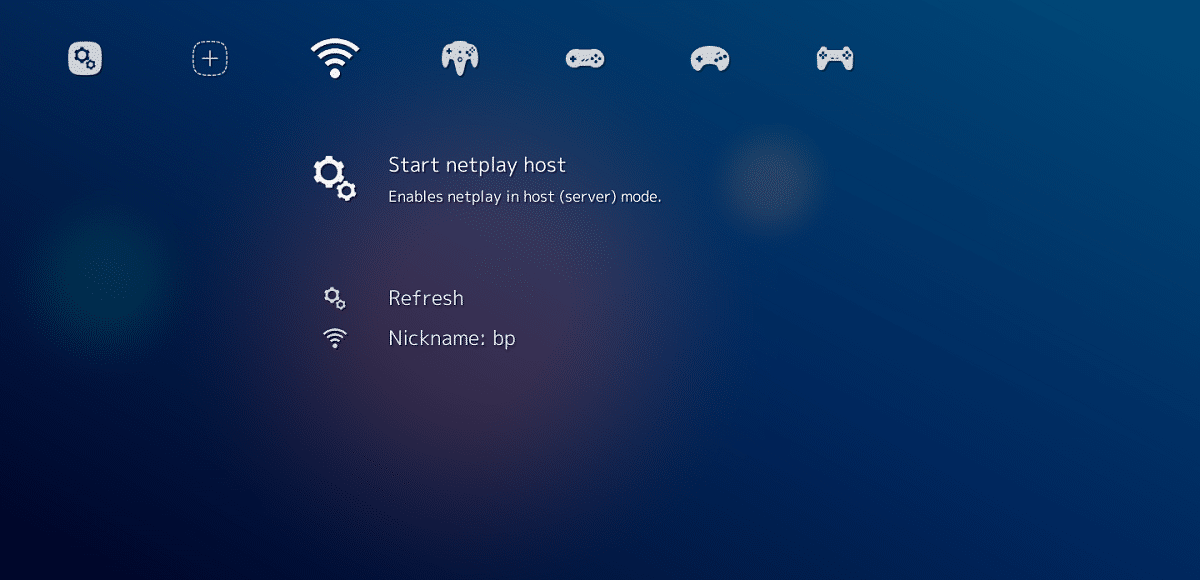
Few days ago the launch of the new version of the popular Linux distro for retro game emulation "Lakka 3.3" which arrives after almost 2 months of the previous version (Lakka 3.2). In this new version of the distribution, basically pure updates of the different components of the system have been introduced, among which the new emulator cores stand out, as well as the new version of RetroArch, among other things and more.
For those unfamiliar with the project, you should know that it is a modification of the LibreELEC distribution kit, which was originally designed for the creation of home theater systems.
Lakka is based on RetroArch game console emulator, It provides emulation of a wide range of devices and supports advanced features such as multiplayer games, save state, enhance the image of old games with shaders, rewind games, hot plug gamepads and video streaming.
Lakka uses RetroArch and the Libretro interface with an interface that mimics the PlayStation 3 XrossMediaBar (XMB). It is the most robust option you will find, with a large number of options for shaders, audio and video adjustments. Sometimes it is almost too much.
Emulated consoles include: Atari 2600/7800 / Jaguar / Lynx, Game Boy, Mega Drive, NES, Nintendo 64 / DS, PCEngine, PSP, Sega 32X / CD, SuperNES, etc. Gamepads from existing game consoles are supported, including Playstation 3, Dualshock 3, 8bitdo, XBox 1, and XBox360.
In addition to it has a wide range of video game control support which allows you to use those of PlayStation, XBox and other games.
Main new features of Lakka 3.3
As we mentioned at the beginning this new version of the distribution is merely an update and in it we can find that the new version of the RetroArch package 1.9.7 has been included in which the scanning of large data sets is optimized, in addition to adding support to be able to link multiple game controllers to a single input device and improving usability in the "Analog to digital type" mode.
We can also find in Lakka 3.3 the updated versions of emulators and game engines, In addition, a new np2kai emulator (PC-98) was added, while the dolphin-emu / Sys directory is implemented in the Dolpin emulator, which links to the RetroArch system directory.
In addition, we can find that added support for kernel module "gamecon" which is a controller for gamepads and joysticks connected through a parallel port.
Finally, it is also mentioned that the support for MIDI sequencers and for the Raspberry version 4K modes have been disabled
If you are interested in being able learn more about it about this new released version, you can check the details by going to to the following link.
Download and try Lakka 3.3
Lakka is easy to install and use, so those who are interested in installing or testing this distro should download the system image by going directly to the website project officer in which in your download section They will be able to find the image of the system according to the device in which they want to test it. The link is this.
In the special case of those who are Raspberry Pi users as mentioned above if you are using PINN or NOOBS these can facilitate the download and installation of this on your SD card.
But in case it is not so When downloading the image, it can be recorded on your SD card (already formatted) with help from Etcher.
Once installed on your SD card or USB flash drive, you just have to copy your ROMs to the device, turn on the platform and connect your joypad and enjoy your favorite games.
Also, it is important to mention that Lakka builds are also generated for i386, x86_64 (Intel, NVIDIA or AMD GPU), Raspberry Pi 1-4, Orange Pi, Cubieboard, Cubieboard2, Cubietruck, Banana Pi, Hummingboard, Cubox-i platforms. , Odroid C1 / C1 + / XU3 / XU4 and etc.